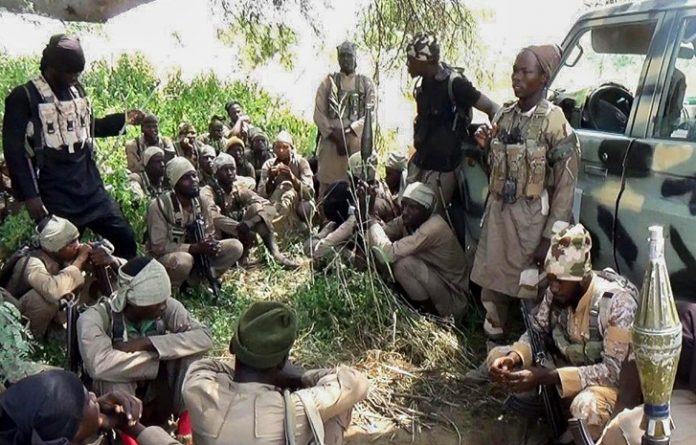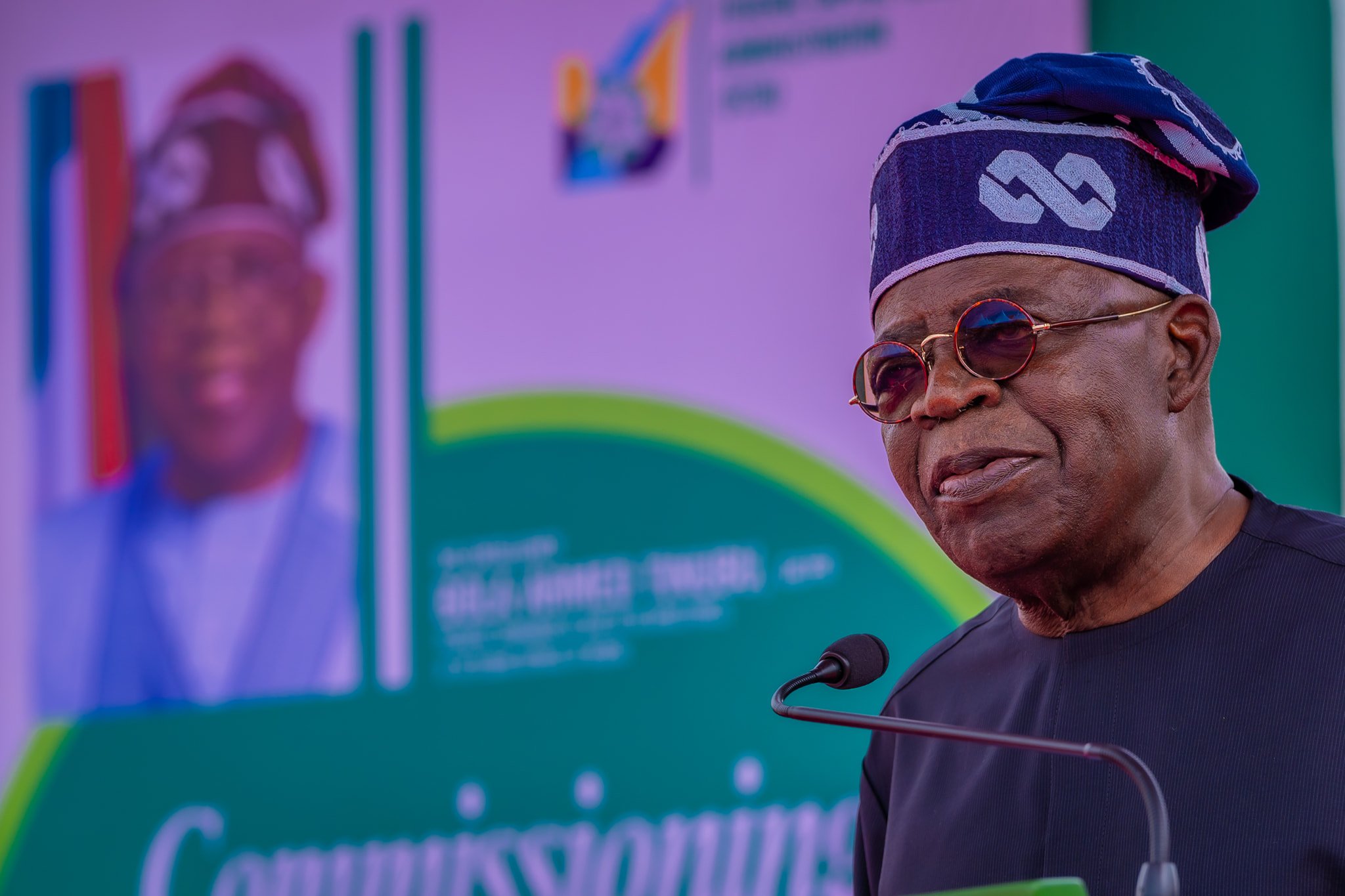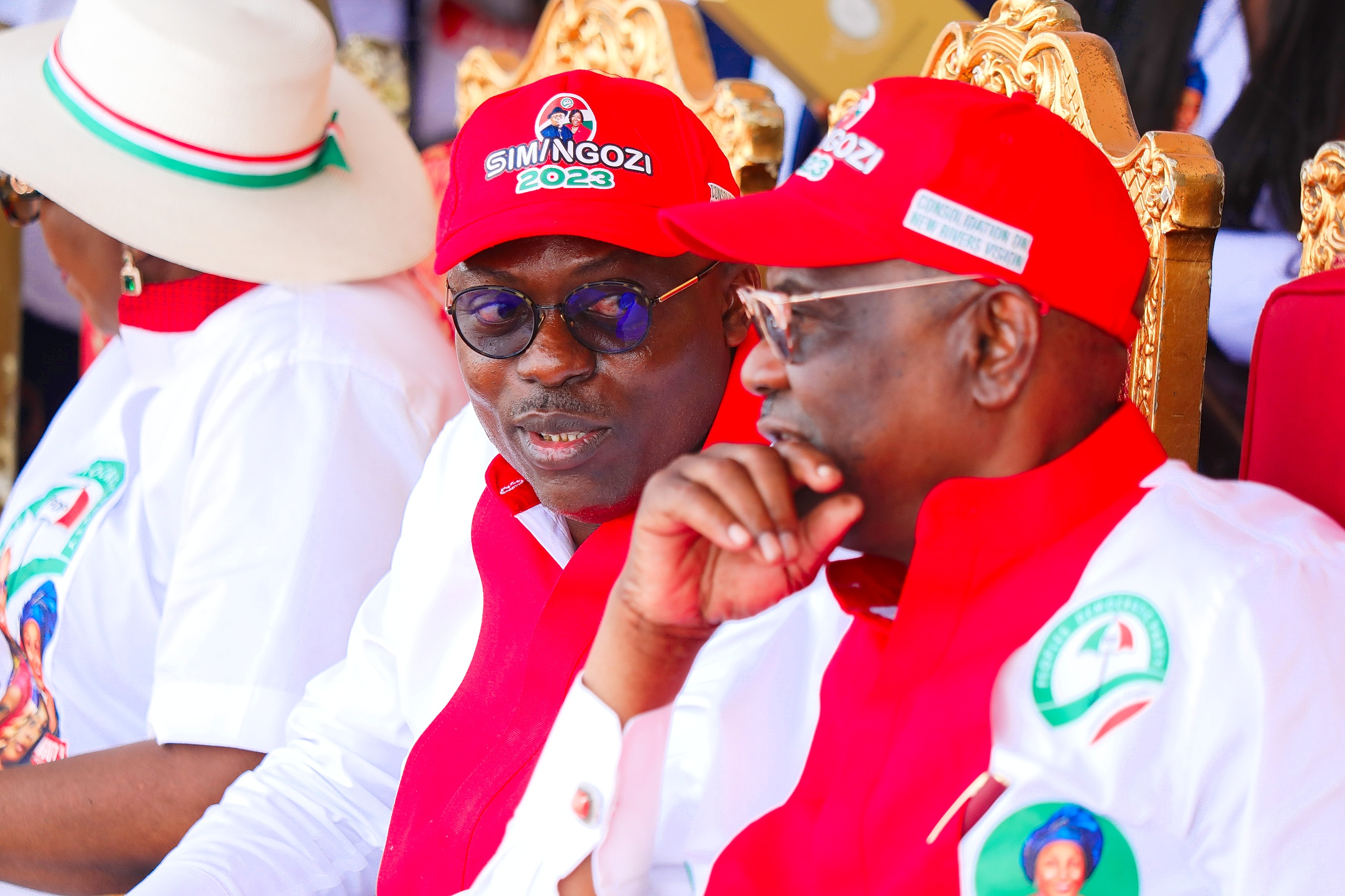Suspected Boko Haram members. File photo
As news of Israeli attacks on Hezbollah reaches our shores, it would be understandable for some Nigerians to find themselves drawing parallels to our tumultuous history with Boko Haram. The shift in leadership that often follows such strikes, typically resulting in more radicalised and violent successors, is a familiar pattern.
The Nigerian Boko Haram insurgency is a striking example of how the extrajudicial killing of a leader can backfire and lead to even greater violence. In 2009, the group’s founder, Mohammed Yusuf, was captured by Nigerian security forces, only to be executed while in custody, along with Buji Foi, one of his most influential allies. Rather than crushing the movement, Yusuf’s death became a catalyst for the escalation of Boko Haram’s activities. His extrajudicial killing fueled a narrative of persecution and injustice among the group’s followers, solidifying their resolve and radicalising its ideology. The martyrdom of Yusuf allowed the group to rebrand itself not just as a religious movement but as a force of revenge and retaliation against the Nigerian state.
Yusuf’s blood, metaphorically, watered the seeds of something much more sinister. After his death, leadership passed to Abubakar Shekau, a far more ruthless and implacable figure. Under Shekau’s command, Boko Haram transformed from a localised group with grievances against corrupt governance into a deadly insurgency with global jihadist ambitions. The violence intensified, and Boko Haram became known for its brutal tactics, including mass kidnappings, bombings, and the establishment of a caliphate in northern Nigeria. The extrajudicial murder of Yusuf did not scatter Boko Haram’s followers as the authorities had hoped; instead, it united them under a more extreme ideology and leadership and plunged Nigeria into violence that it has not come out of, despite the death of Shekau himself a few years ago.
The point is that the saying, “Strike the shepherd, and the sheep will scatter,” holds a certain truth when it comes to leadership dynamics, especially in insurgent or militant movements. Eliminating a prominent leader can momentarily destabilise an organisation, throwing its rank-and-file members into disarray.
Advertisement
The Israeli assassination of Hezbollah leadership, for instance, may have seemed like a strategic move to weaken the group, leaving its fighters without clear direction and making it harder for them to coordinate attacks or mobilise effectively. In many cases, cutting off the head of a leadership structure disrupts momentum and causes internal confusion, at least in the short term.
However, this approach is not always universally applicable. Some groups, especially those driven by deeply ingrained ideologies or decentralised structures, can absorb the loss of a leader without losing their cohesion. In such cases, rather than scattering, the organisation may even regroup with renewed determination, inspired by a martyrdom narrative that strengthens the resolve of remaining members.
In fact, eliminating a leader often has a more dangerous side effect: the bloodshed becomes a rallying cry for future leaders and members. When leaders are assassinated, the narrative of victimhood and resistance intensifies, seeding the ground for even fiercer upstarts to emerge. The martyrdom of fallen leaders can galvanise the group’s supporters, drawing more recruits and fostering a more radical and revenge-driven mindset.
Advertisement
This phenomenon was evident in Nigeria when Boko Haram’s leadership changed hands. The group’s tactics became more brutal and indiscriminate, leading to increased civilian casualties and a protracted conflict that continues to this day. As we observe the situation with Hezbollah, there is a genuine concern that history may repeat itself, potentially destabilising an already volatile region even more.
Despite the grim outlook, there is still hope for de-escalation if external actors, including other Middle Eastern countries and China, step in to mediate the situation.
Their motivation would not be purely altruistic – the economic risks posed by rising crude oil prices provide a strong incentive for intervention. These mediators could be crucial in bringing both parties to the negotiating table, potentially averting a wider conflict. However, the success of such efforts will depend on the willingness of all involved parties to engage in dialogue and make concessions for the sake of regional stability.
For Nigeria, the ramifications of this conflict extend far beyond geopolitical concerns. The potential spike in global oil prices, once a boon for our oil-dependent economy, now poses a significant threat due to the recent removal of fuel subsidies.
Advertisement
Rising fuel costs will strain household budgets, exacerbate inflation, and reduce purchasing power across the country. This economic pressure comes when many Nigerians are already struggling with the cost of living, potentially leading to social unrest if not managed carefully.
Nigeria’s vulnerability to oil price fluctuations is not unique in the region. Many West African countries rely heavily on fuel imports, making the entire region susceptible to global oil price shocks. As prices rise, we expect inflation to increase, productivity to decrease, and economic growth to slow across West Africa. This shared vulnerability underscores the need for regional cooperation to address our energy security. It also highlights the urgency of developing local refining capabilities to reduce our dependence on imported fuel.
Given these challenges, we must explore alternative pricing mechanisms for local refineries in Nigeria and across West Africa. A regional pricing system that is partially decoupled from global oil prices could help buffer our economies against external shocks.
However, implementing such a system would face significant challenges. It would require careful planning, regional cooperation, and, potentially, changes to existing trade agreements. Additionally, there is a risk that artificially low fuel prices could lead to smuggling and other forms of arbitrage.
Advertisement
The Israeli attacks on Hezbollah serve as a stark reminder of the interconnectedness of global events and their potential impact on even far-off locations in Nigeria and West Africa. Our region’s heavy reliance on fuel imports makes us particularly vulnerable to the economic fallout of conflicts halfway across the world.
As we watch events unfold in the Middle East, our policymakers must take this opportunity to reassess our energy policies and explore regional solutions to mitigate these economic risks. By reducing our dependence on imported fuel and developing more resilient energy systems, we can better protect our economies from external shocks and work towards greater stability and prosperity for all West Africans.
Advertisement
Nwanze is a partner at SBM Intelligence, a Nigerian risk advisory.
Advertisement
Views expressed by contributors are strictly personal and not of TheCable.








